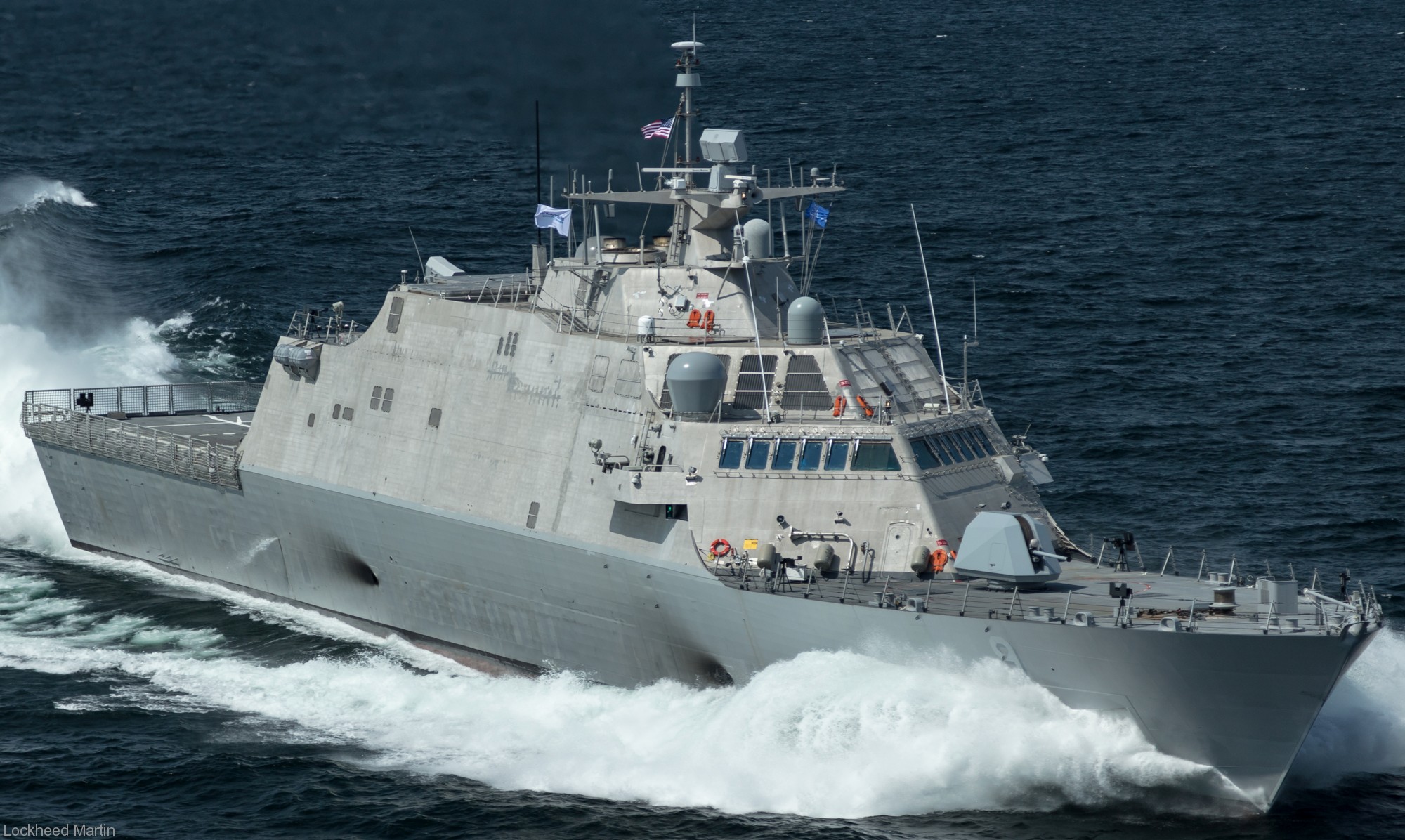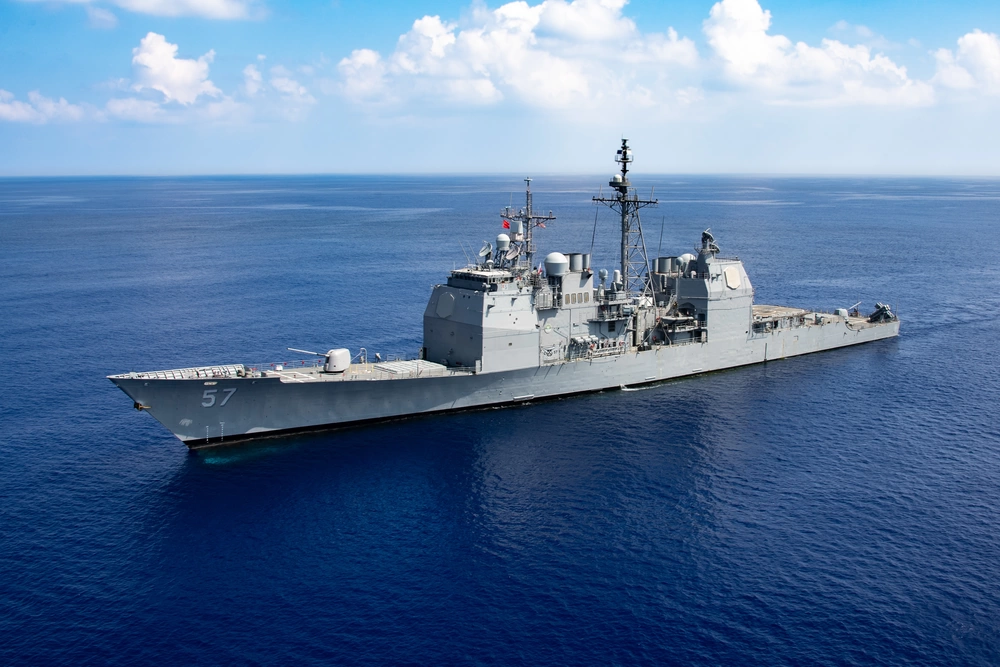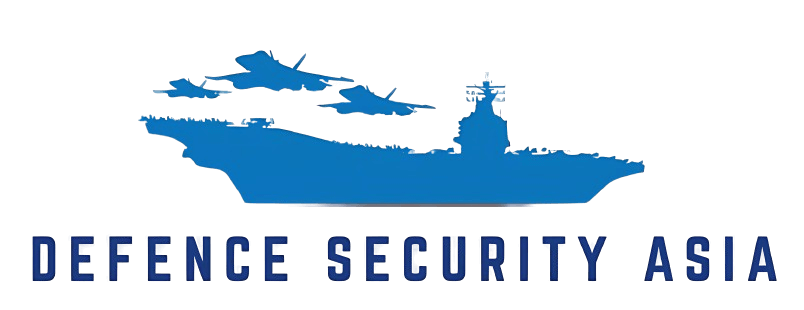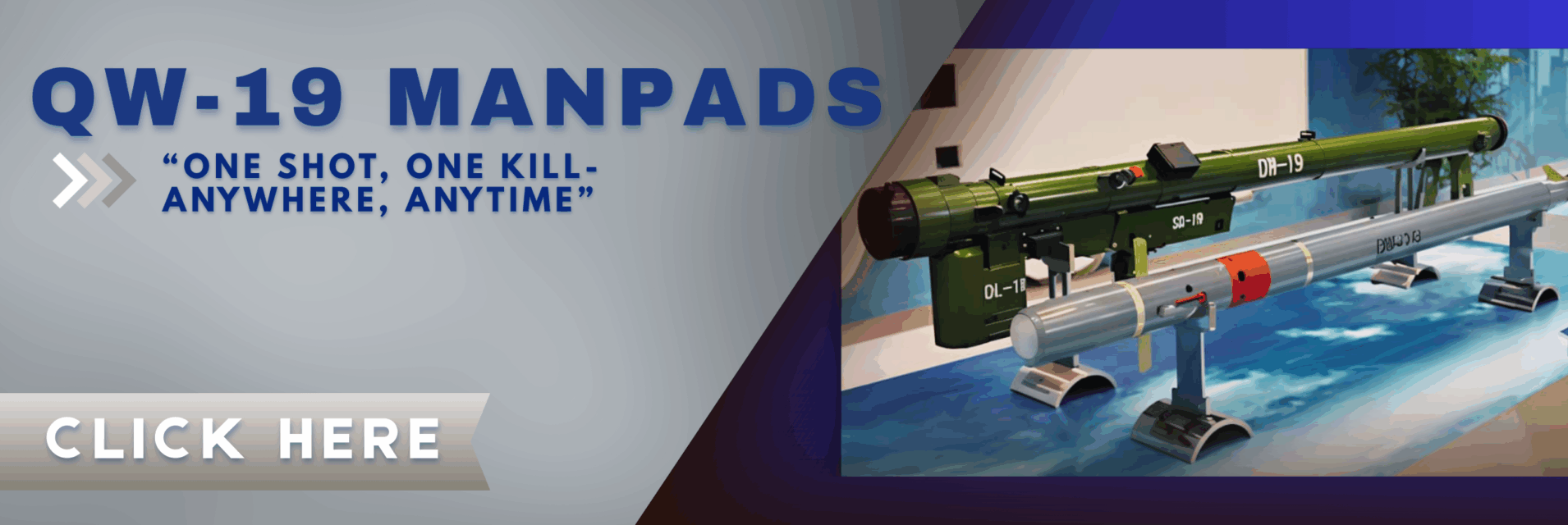More Freedom-class LCS to Be Decommissioned Despite Being “Relatively Young”
The United States Navy will decommission two more troubled Littoral Combat Ships (LCS) despite both warships being less than 10 years old.

(DEFENCE SECURITY ASIA) — The United States Navy will decommission two more troubled Littoral Combat Ships (LCS) despite both warships being less than 10 years old.
Both of these Freedom-class LCS ships, USS Little Rock (LCS-9) and USS Detroit (LCS-7), are based at Naval Station Mayport in Florida.
USS Little Rock was commissioned into the United States Navy in 2017, while USS Detroit was commissioned in 2016.
Both warships are believed to be transferred to foreign countries under the Foreign Military Sales (FMS) program if foreign nations express interest in acquiring them and are willing to cover their high operating costs.
The Freedom-class LCS ships were designed to serve for 25 years with the United States Navy.

These two LCS ships join other LCS Freedom-class ships and Ticonderoga-class cruisers that the United States Navy plans to decommission this year.
The United States Navy has already decommissioned the cruiser USS Champlain on September 1, USS Milwaukee on September 11, USS Bunker Hill on September 22, and USS Mobile Bay on August 10.
All these cruiser warships have served with the United States Navy for over 30 years.
The Navy also intends to decommission USS Shiloh, USS Cowpens, USS Antietam, and USS Leyte next year, with those cruiser ships set to be scrapped.
The United States Navy plans to decommission a total of 22 cruiser-class warships starting from the previous year.
The United States Navy will decommission two more troubled Littoral Combat Ships (LCS) despite both warships being less than 10 years old.

In addition to decommissioning the relatively “young” Freedom-class LCS ships, the United States Navy intends to decommission more than half of the 19 Independence-class LCS ships due to serious hull cracks stemming from structural defects in these warships.
The “serious hull cracks” problem plaguing the LCS ships is deemed highly embarrassing for a country with a modern warship construction industry, resulting in billions of dollars in losses.
These serious hull cracks limit the LCS ships to a maximum speed of less than 15 knots and prevent them from sailing in sea conditions with waves exceeding eight meters in height.
If these ships violate these conditions, the hull crack issue will only become more severe and pose potentially life-threatening risks to their crew members.
Independence-class LCS ships are constructed using aluminum in a Trimaran design and have a high speed capability, reaching up to 44 knots, allowing them to be rapidly deployed to operational areas. — DSA

DEFENCE SECURITY ASIA APPS
To advertise contact admin: haikalhamas73@gmail.com


Comments are closed.